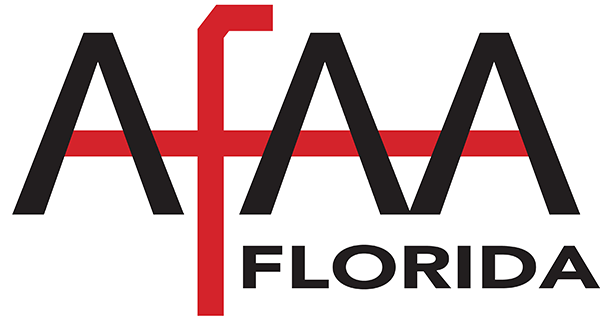Florida SpecificTrainingPOSTPONED - WE WILL ANNOUNCE A RESCHEDULED DATE SOON.
Fire Alarm Fundamentals, NFPA 72-2016, NEC 20142-Day In-Classroom - or - On-Line Instructor Led (14 Contact Hours)
This fundamentals class is a course that is beneficial for new installers, sales personnel, service technicians, inspection technicians, and building and fire inspectors involved in acceptance testing, plan review and periodic testing and inspection. This course is also useful as a refresher for anyone involved with fire alarms. Day one of this class reviews fire alarm system fundamentals; their components; and the proper methods used to satisfy the requirements of NFPA 72, National Fire Alarm and Signaling Code and NFPA 70, National Electrical Code. Day two includes the requirements for fire alarm systems testing and inspection; how to perform the tests properly; and how to conduct visual inspections to satisfy the requirements of NFPA 72, The National Fire Alarm and Signaling Code. Course OutlineDay 1: Fundamentals: Control panels, power supplies, circuits, signals, battery-set calculations, and voltage drop calculations. Initiating Devices: Review the proper application of manual fire alarm boxes, heat detectors, smoke detectors, flame detectors, water flow switches, and supervisory signal-initiating devices. Notification Appliances: Review the proper application of horns, bells, buzzers, chimes, speakers, strobes, and annunciators. Discuss sound transmission in the built environment. Fire Safety Control Functions: A review of control functions of many systems such as smoke door release, elevator recall, HVAC fan shutdown, smoke control/management systems, high-rise applications, and atriums. Day 2: Inspection and Testing Fundamentals: Outlines the differences between codes and standards and identifies how both the design and installation, as well as thorough review of the inspection and testing elements. Explains the scope and purpose of inspection and testing as required by NFPA 72, as well as the limitations of the code. Documentation/Qualification: Reviews the purpose and value of documentation as well as the required elements necessary and the forms that can be used. As well as the qualifications that technicians should have to adequately complete the required functions. An introduction to the NICET Certification Program for Inspection and Testing. Student workbook and handouts are provided. Student must provide or have access to codes and standards. NOTE: Student should bring the respective editions of NFPA-72 and NFPA-70 for the class.
Course Instructor: Tom Hammerberg
He has been in the alarm industry for 44 years and was with AFAA for 23 years, serving as President/Executive Director and Director of Industry Relations. Tom is NICET Level 4 certified in the field of Fire Alarm Systems and is a Certified Fire Protection Specialist.
Distance Learning: In regards to section 7 of the application for social distance learning, the following practices will be utilized to ensure student attendance, participation, and engagement. 2) The Course will have frequent question and answer sessions, and calling on specifically, people attending virtually. 3) The attendee must consent to keeping their camera on to determine presence at the computer. 4) Microsoft Teams will provide a list of attendees signed on and we will call roll at the beginning of the day and after lunch. 5) The Course Provider will determine student identification. 6) The student will be able to ask questions via the raise hand feature and upon moment, the question will be asked and answered as the instructor can stop instruction. 7) The student will upon completion of course, sign an affidavit that they attended each segment of the course. That will be a condition upon release of the certificate.
In-Person Class ... Registration/Cost (Total for both days, includes lunch) AHJ (Authority Having Jurisdiction): $300. (Limited to 30 live attendees. Others can be virtual) Class offering through Fire College, 14 CEU’s Class offering through TBA, 14 CEU’s Virtual ... Registration/Cost (Total both days) AHJ (Authority Having Jurisdiction): $300. REGISTER HEREThe FL AFAA offers several Florida-specific training opportunities including:
Contact [email protected] for concierge and company / government-specific training sessions All FL AFAA courses are recognized by NICET for continuing education for certificate renewal. Participant must attend entire seminar to receive credit. |

 Mr. Hammerberg is an independent contractor and retired from the Automatic Fire Alarm Association in June 2017 and continues to present seminars nationally.
Mr. Hammerberg is an independent contractor and retired from the Automatic Fire Alarm Association in June 2017 and continues to present seminars nationally.